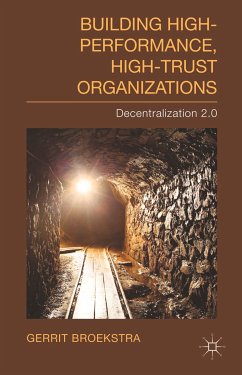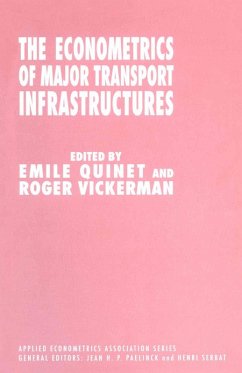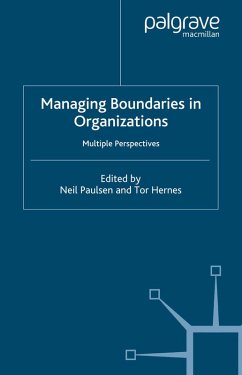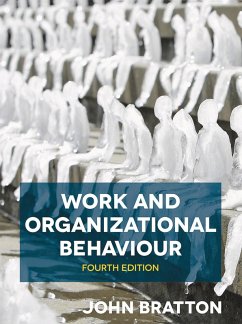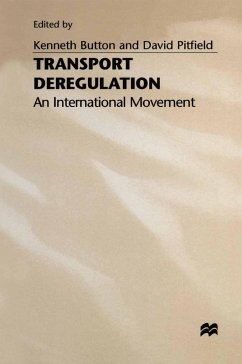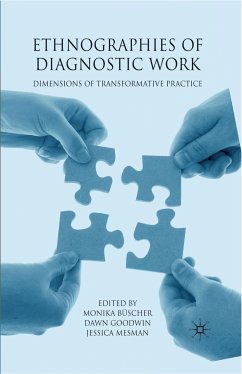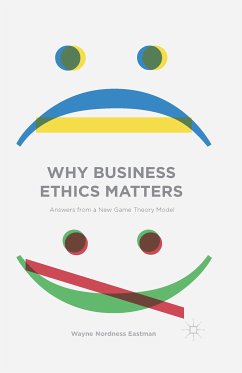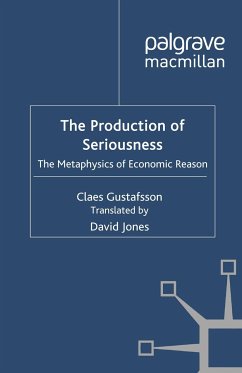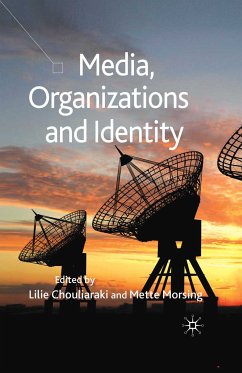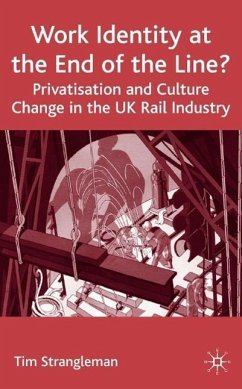
Work Identity at the End of the Line? (eBook, PDF)
Privatisation and Culture Change in the UK Rail Industry
Versandkostenfrei!
Sofort per Download lieferbar
72,95 €
inkl. MwSt.
Weitere Ausgaben:

PAYBACK Punkte
36 °P sammeln!
Work Identity at the End of the Line? tells the story of workplace culture and identity in the railway industry before during and after privatization in the mid-1990s. It combines rich interview material from workers and managers involved in the privatisation process with a fascinating background detail of nationalization. The book will be of interest to sociologists, cultural and economic historians as well as those studying culture change in business. Work Identity at the End of the Line? has been shortlisted for the British Sociological Association's Philip Abrams Memorial Prize 2005. It is...
Work Identity at the End of the Line? tells the story of workplace culture and identity in the railway industry before during and after privatization in the mid-1990s. It combines rich interview material from workers and managers involved in the privatisation process with a fascinating background detail of nationalization. The book will be of interest to sociologists, cultural and economic historians as well as those studying culture change in business. Work Identity at the End of the Line? has been shortlisted for the British Sociological Association's Philip Abrams Memorial Prize 2005. It is one of only four titles to be shortlisted.
Dieser Download kann aus rechtlichen Gründen nur mit Rechnungsadresse in A, B, BG, CY, CZ, D, DK, EW, E, FIN, F, GR, HR, H, IRL, I, LT, L, LR, M, NL, PL, P, R, S, SLO, SK ausgeliefert werden.



